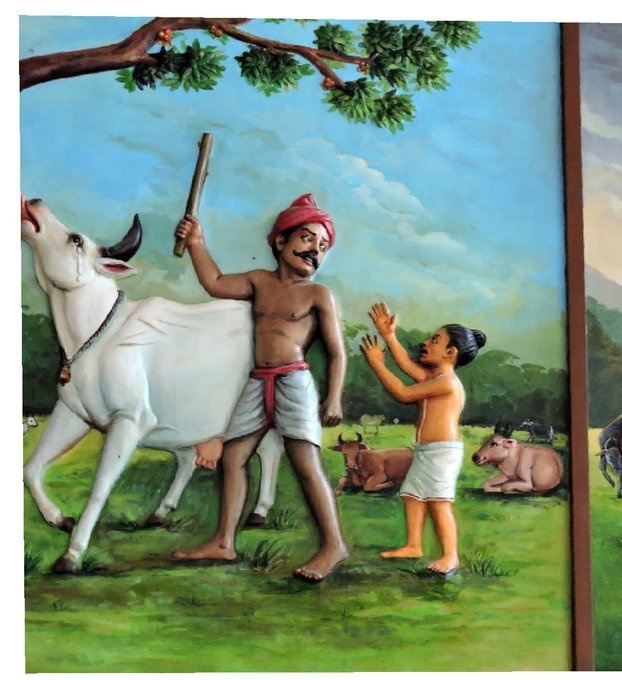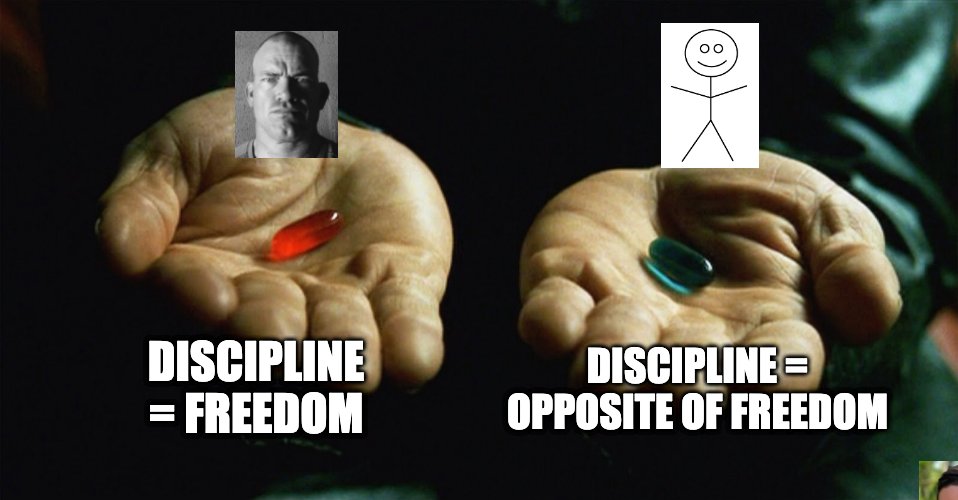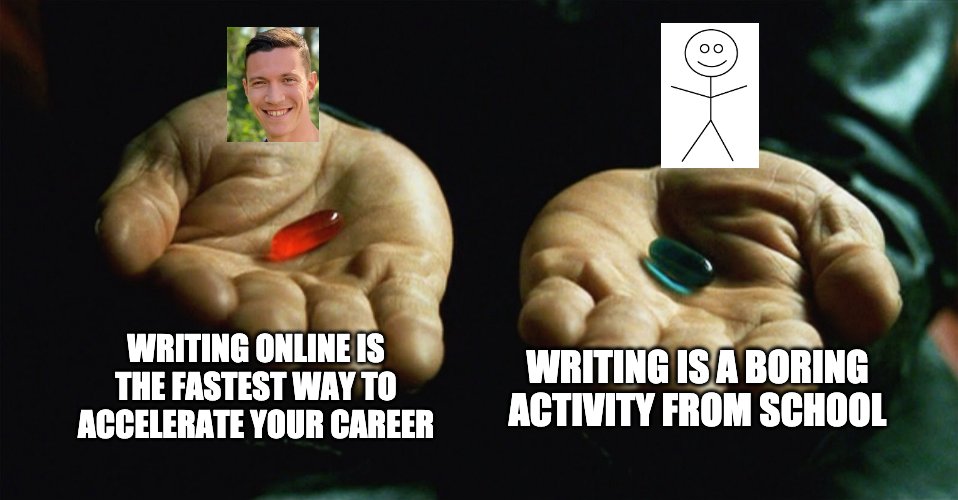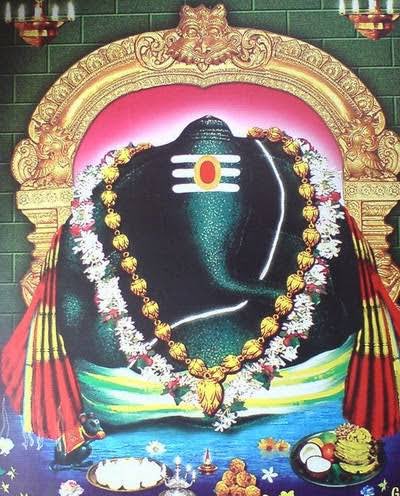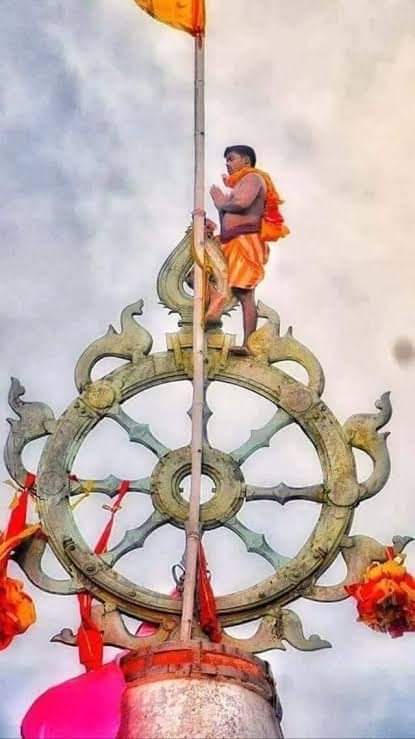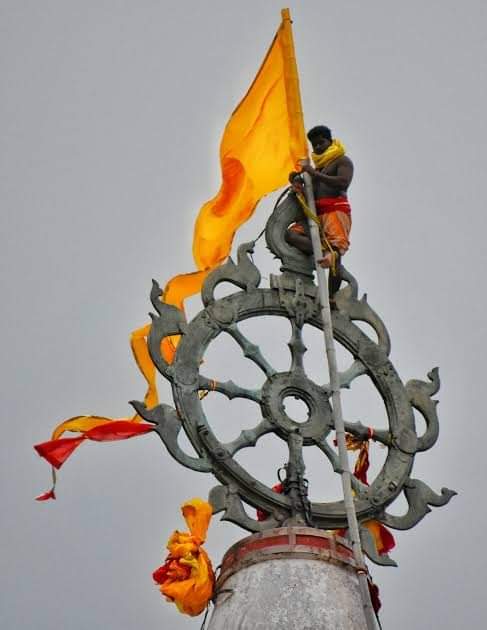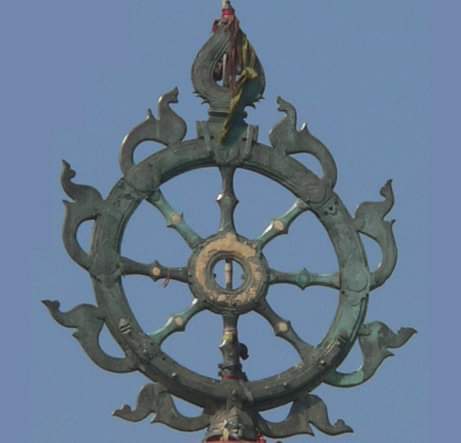I promised threads about recruiting for the next week. Here's the first one on referrals. In growth/marketing speak: referrals are your organic growth, inbound is your brand, and outbound/sourcing is your ad spend. You want to growth-hack your referrals. Here's how. 1/n
More from Marketing
1. 10 Marketing Lessons From Steve Jobs That Every Marketer Must Know
10 Marketing Lessons From Steve Jobs That Every Marketer Must Know \U0001f9f5
— Alex Garcia \U0001f50d (@alexgarcia_atx) March 18, 2021
2. The Ad Campaign That Changed Advertising Forever
Volkswagen's "Think Small\u201d campaign quickly went from a head-scratcher to one that would change advertising forever.
— Alex Garcia \U0001f50d (@alexgarcia_atx) March 19, 2021
It took a small foreign object, crafted by Hitler, to America\u2019s most popular automobile.
By 1972, the VW Beetle became the best-selling car.
Here's the story \U0001f9f5 pic.twitter.com/Hu2s7zAJ3m
3. How Absolut Vodka Went From 2% Market Share to 50% With One Ad Campaign
Absolut Vodka launched a print ad campaign in 1981 that was so successful, they ran it for the next 25 years.
— Alex Garcia \U0001f50d (@alexgarcia_atx) March 20, 2021
By the end of it, Absolut Vodka went from a 2.5% market share to over 50%.
These 5 reasons made Absolute Vodka a global phenomenon \U0001f9f5 pic.twitter.com/vPblbvtNsx
4. Why Jeff Bezos named his online bookstore,
Amazon wasn't always Amazon.
— Alex Garcia \U0001f50d (@alexgarcia_atx) March 22, 2021
Jeff Bezos originally had trouble finding the right word to name the now trillion-dollar empire.
A few registered domains, a dictionary, and an interesting comparison made Amazon the perfect name.
Here's the quick backstory behind it \U0001f9f5 pic.twitter.com/trTKUMGQCR
You May Also Like
Chandesha-Anugraha Murti - One of the Sculpture in Brihadeshwara Temple at Gangaikonda Cholapuram - built by Raja Rajendra Chola I
This Sculpture depicts Bhagwan Shiva along with Devi Paravathi blessing Chandeshwara - one of the 63 Nayanmars.
#Thread
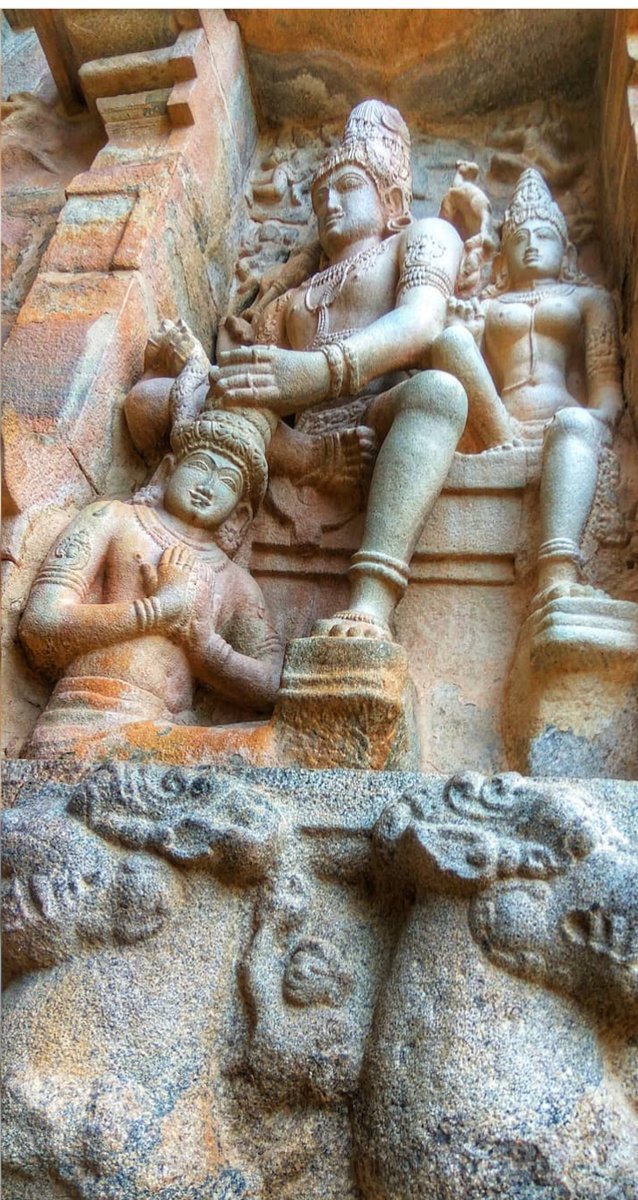
Chandeshwara/Chandikeshwara is regarded as custodian of Shiva Temple's wealth&most of Shiva temples in South India has separate sannathi for him.
His bhakti for Bhagwan Shiva elevated him as one of foremost among Nayanmars.
He gave importance to Shiva Pooja&protection of cows.
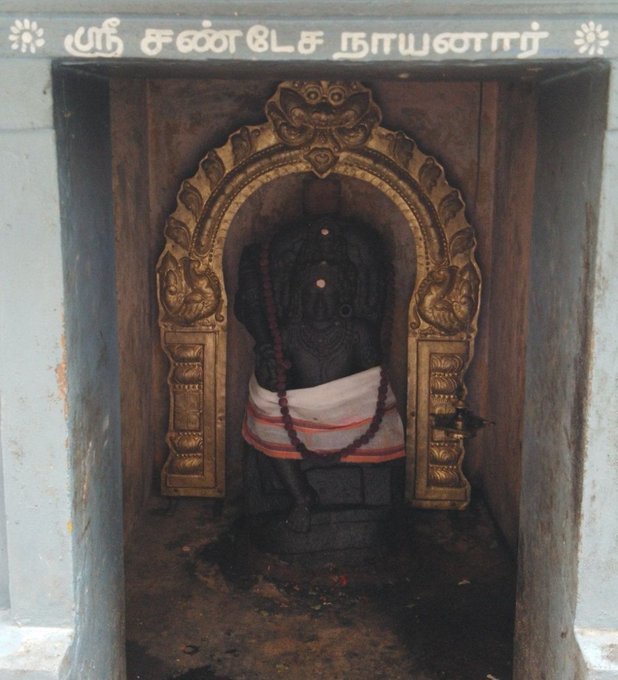
There are series of paintings, illustrating the #story of Chandikeshwar in the premises of
Sri Sathiyagireeswarar #Temple at Seinganur,near Kumbakonam,TN
Chandikeshwara's birth name
is Vichara sarman.He was born in the village of Senganur on the banks of River Manni.
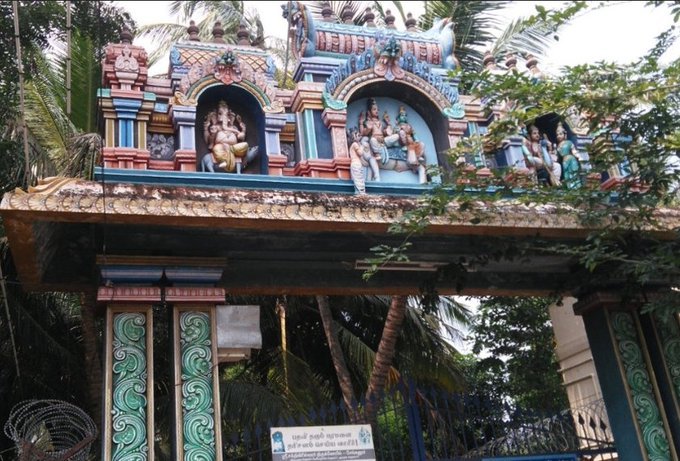
His Parent names were Yajnathatan and Pavithrai.
Vichara Sarman was a gifted child and he learnt Vedas and Agamas at a very young age.
He was very devout and would always think about Bhagwan Shiva.
One day he saw a cowherd man brutally assaulting a cow,Vichara Sarman could not tolerate this. He spoke to cowherd: ‘Do you not know that the cow is worshipful & divine? All gods & Devas reside in https://t.co/ElLcI5ppsK it is our duty to protect cows &we should not to harm them.
